|
|
|
|
Tēnā koutou and welcome to your newsletter.
After 102 days, COVID-19 has returned. There are four new cases, all in one family in South Auckland, with no traceable links to quarantine or border facilities.
Prime Minister Jacinda Ardern activated a resurgence plan last night. It takes Auckland back to alert level 3 restrictions and the rest of the country to level 2 from midday today, until midnight on Friday to allow for tracing and testing of contacts. Ardern stressed that acting strongly and quickly, as New Zealand did when COVID-19 first arrived in February, is our best chance of preventing a larger outbreak.
This week, researchers at Te Pūnaha Matatini released their latest modelling, which shows that if we can trace and quarantine 80% of contacts within two days, we should be able to avoid a major outbreak without having to resort to a full and longer lockdown.
But contact tracing can only be comprehensive and quick if we all help. If you haven’t yet downloaded the NZ COVID Tracer app, now is the time. We will publish further updates later this morning on The Conversation’s New Zealand page.
Meanwhile, in other news, with the referendum on legalising recreational cannabis use just over a month away, it’s useful to compare our proposed law reform with the experiences of other countries that have already gone down that path. Illegal drug expert Chris Wilkins and his co-authors write that a strongly precautionary approach is advisable, especially given the impacts of legalisation can take ten years to show up.
You’ll find a lot more to read in this newsletter, and we’d also like to hear your views. Please consider completing our annual reader survey to tell us what you like about The Conversation and what we could be doing better. It only takes three minutes and we’ll use your input to guide future decisions about The Conversation.
Thank you, take care, noho ora mai.
|
Veronika Meduna
New Zealand Editor: Science, Health + Environment
|

|
|
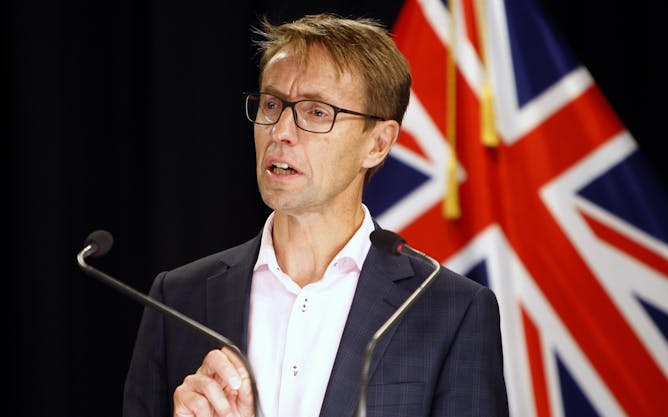
AAP/Nick Perry
Michael Plank, University of Canterbury; Alex James, University of Canterbury; Audrey Lustig, Manaaki Whenua - Landcare Research; Nicholas Steyn; Rachelle Binny, Manaaki Whenua - Landcare Research; Shaun Hendy
Border restrictions and quarantine have kept COVID-19 out of New Zealand, but new modelling shows contact tracing and quick isolation would control an outbreak, without the need for another lockdown.
|
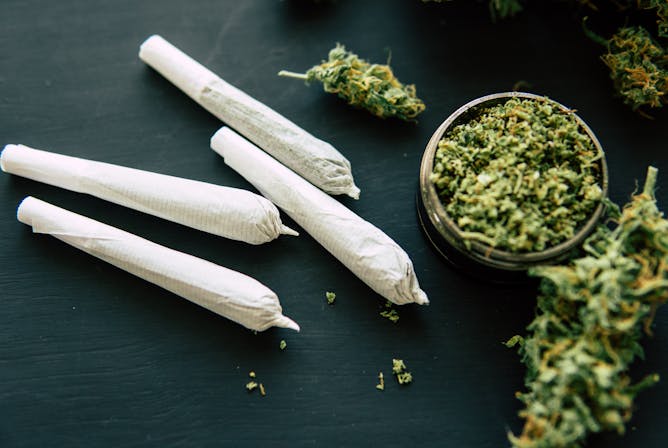
www.shutterstock.com
Chris Wilkins, Massey University; Simon Lenton, Curtin University; Tom Decorte, Ghent University
Overseas evidence suggests cannabis law reform should favour caution and strict enforcement of the new rules.
|
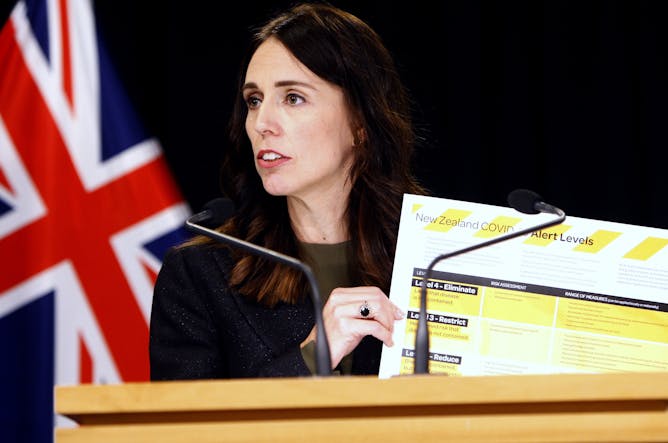
AAP/Nick Perry
Michael Baker, University of Otago; Amanda Kvalsvig, University of Otago; Nick Wilson, University of Otago
New Zealand is one of a small number of countries that have managed to eliminate community transmission of COVID-19. It's close to a 100-day milestone with no new cases in the community.
|
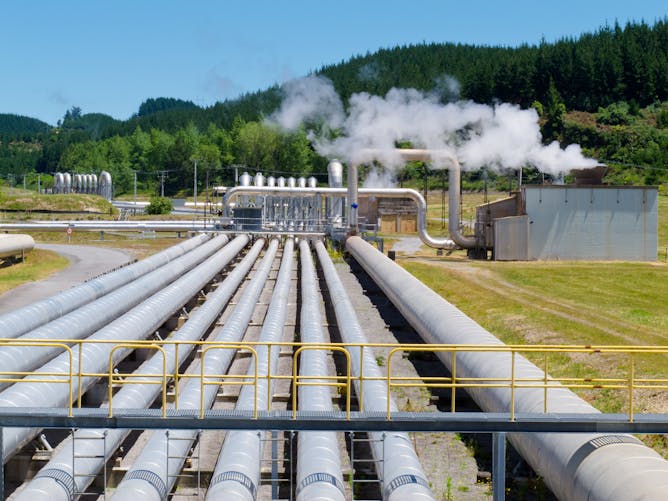
geothermal.
Susan Krumdieck, University of Canterbury
Geothermal reservoirs supply more than 15% of New Zealand's electricity. The heat energy stored in geothermal fields is vast but not infinite.
|
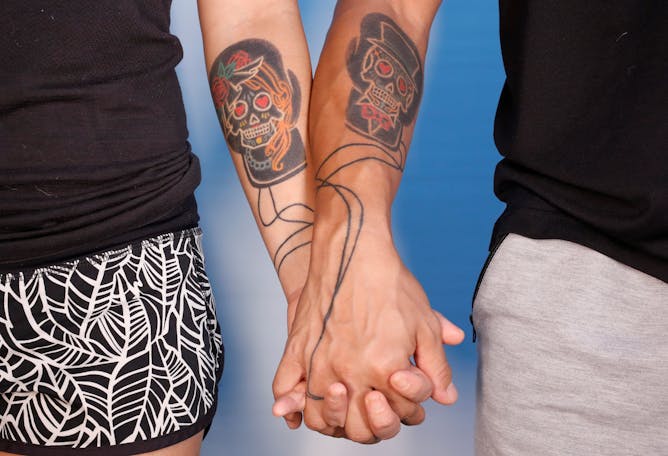
Tyrone Siu/AAP
Marie Hadley, University of Newcastle
In an industry beset by appropriation, the licensing of an Indigenous artwork for use in a tattoo is a rare sign of respect for the intellectual property rights of artists.
|
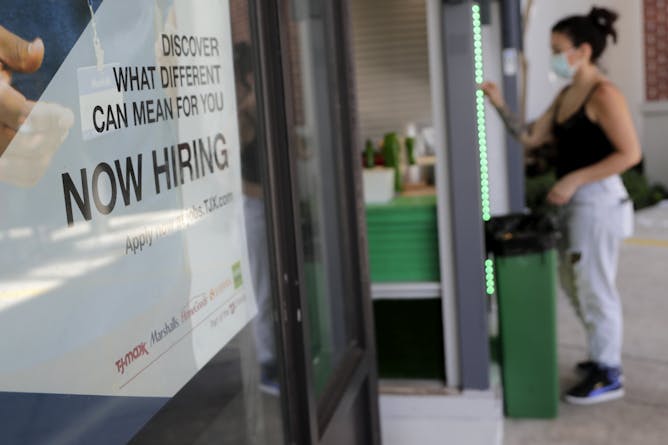
Some places are still hiring.
AP Photo/Lynne Sladky
Stewart Black, INSEAD; Patrick van Esch, Auckland University of Technology
There are a variety of ways job seekers could use artificial intelligence to give them an edge in a very tough environment.
|
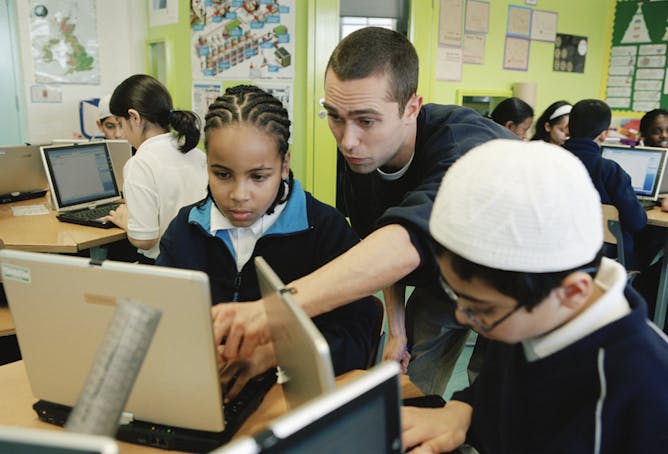
GettyImages
Stephen Dobson, Te Herenga Waka — Victoria University of Wellington; Muhammad Zuhdi
The language gap in international education is also a wealth gap that leaves too many students with limited options.
|
From our international editions
|
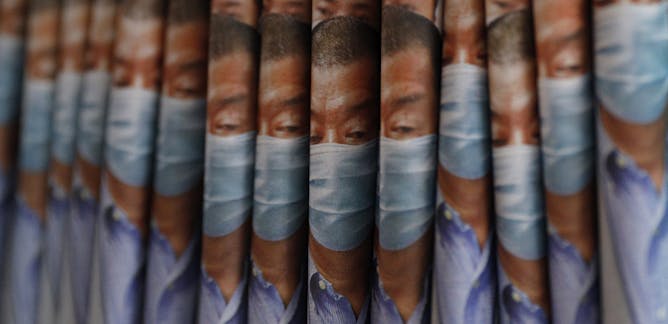
Brendan Clift, University of Melbourne
Over the years, much of Hong Kong’s media has been bought up by China-owned or -affiliated entities. Now, the few remaining independent journalists face a new threat: the city's national security law.
| |

Zachariah Wylde, UNSW
As modern medicine improves, so too does our ability to stave off disease. But can we overcome the most inescapable of afflictions - old age? Researchers around the world are trying to find out.
|
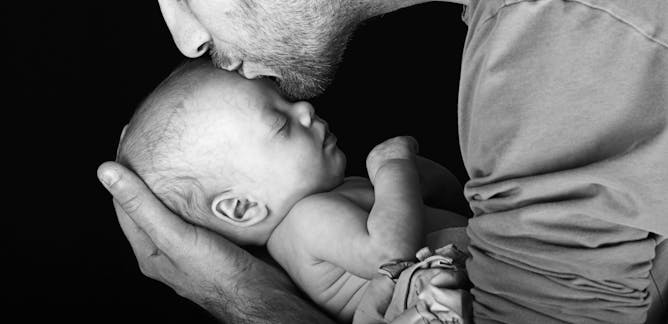
Owain Emslie, Grattan Institute; Danielle Wood, Grattan Institute; Kate Griffiths, Grattan Institute
Modest changes to Australia's paid parental provision can help address the gender gap in unpaid and paid work between mothers and fathers.
| |
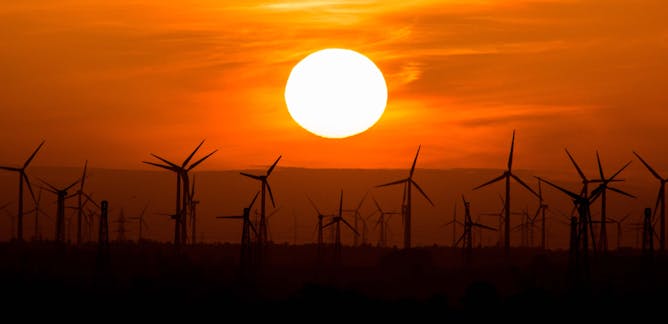
Lily O'Neill, Australian National University; Brad Riley, Australian National University; Ganur Maynard, Australian National University; Janet Hunt, Australian National University
Yes, transitioning Australia to a zero-carbon economy is essential, but the federal government must remedy this imbalance.
|
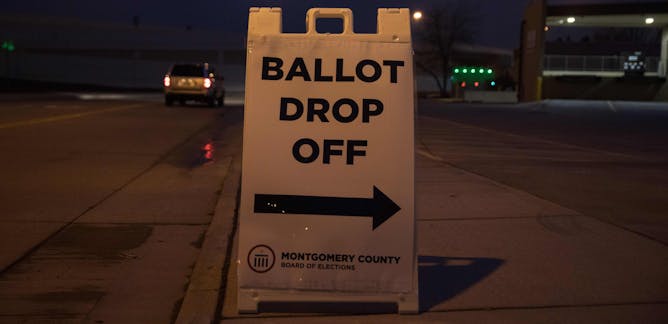
Mark Krasovic, Rutgers University Newark
Republicans are free again to recruit poll watchers – four decades after 'ballot security' operations helped steer New Jersey's 1981 gubernatorial race toward their candidate.
| |
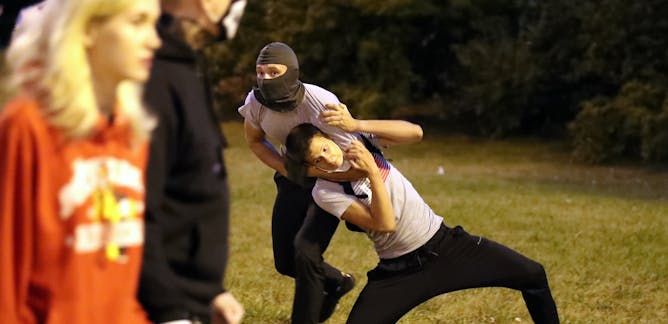
Balki Begumhan Bayhan, Coventry University
State controlled exit poll gives authoritarian president Alexander Lukashenko 80% of the vote.
|
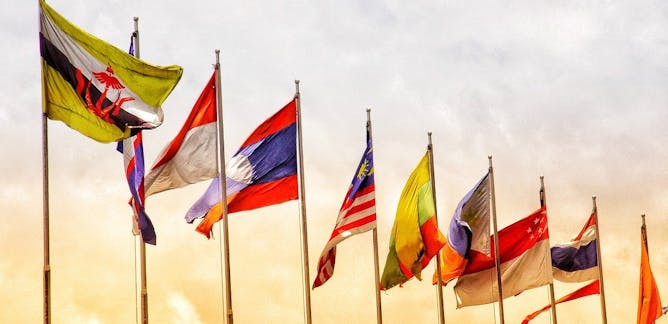
Muhammad Zulfikar Rakhmat, Universitas Islam Indonesia (UII)
Southeast Asian countries need to rethink their ties with the two great powers and try to reduce their dependency on them.
| |
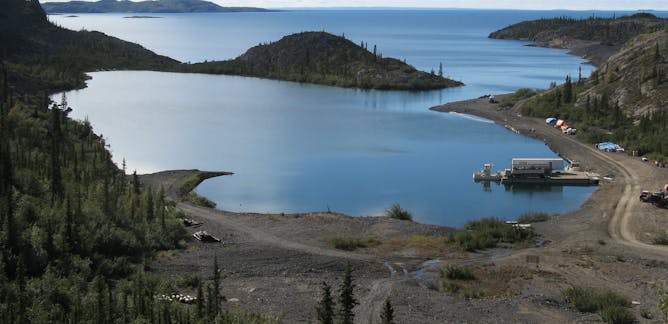
Geoffrey Bird, Royal Roads University
Seventy-five years after the atomic bomb was dropped on Hiroshima and Nagasaki, the people of Délı̨nę remain affected by Canada's role in the attack. A documentary presents their stories.
|

Lillian Daudi, Kenya Marine and Fisheries Research Institute
Between 1986 and 2016, Kenya lost about 21 of its seagrasses.
| |
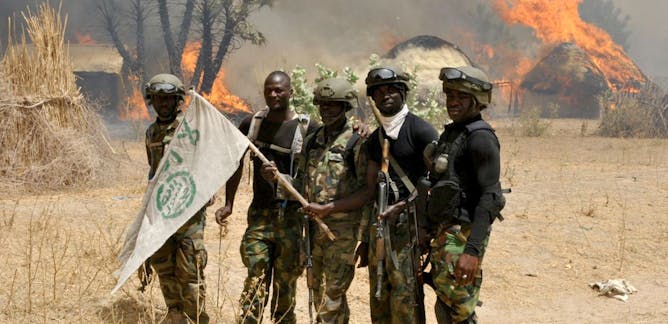
Sheriff Folarin, Covenant University
Nigeria must eschew nepotism and ethnic or religious sentiments in the war against terror.
|
|
|
| |
| |
| |
| |
| |
| |
|
|
|
|
|
|
|